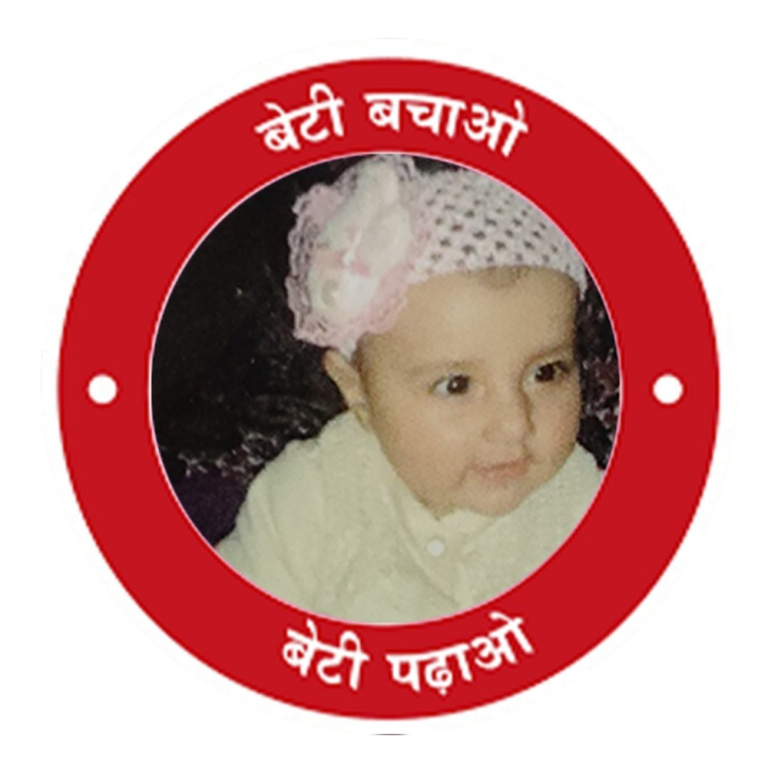Hysteroscopy
What is Hysteroscopy
Hysteroscopy is an endoscopic procedure that is used to visualize the inside of the uterus (uterine cavity) with a telescopic camera. The name is a combination of hysteroscope, a thin tube that has a light attached at one end, which is inserted into the uterus through the vaginal cavity.
Hysteroscopy is a very important procedure in assisted reproduction techniques, as the embryo implantation takes place in the uterine cavity. Recognizing the intrauterine causes for infertility usually defined by hysteroscopy is another aspect of hysteroscopy. It also helps to diagnose conditions which can lead to infertility.
Hysteroscopy – Application

It consists of the local anesthesia-related intravenous injection of the hysteroscope within the uterine cavity, which is fitted with a lens connected to a monitor or television screen. The independent view of hysteroscopy is with or without anesthesia; the woman may be given drugs to make her more relaxed.
The scope is then inserted to see the interior of the uterus. This requires dilating the cavity with saline solution, which expands the cavity, allowing a clear view of the endometrial cavity and lining, openings of the fallopian tubes from the inside, and the irregularities in the uterus.
Common deviations visible inside the uterus are:
Polyps
Adhesions
Scarring/fibrous coating of the uterine cavity
Septum-complete or incomplete
Submucosal fibroids.
Hysteroscopy Services
Hysteroscopy – Application
Hysteroscopy is a surgical procedure where complications might transpire after its procedure, such as:
Anesthesia-associated complications
Infection
Rarely, a tear or laceration of the cervix
Excessive instilled gas or fluid in the uterus
Damage to nearby organs, including the bladder, bowel, and ovaries
Pelvic inflammatory disease
After the surgery, some may feel mild cramps or experience light bleeding, which may last several days. The doctor can give you pain relief and ask you to refrain from sexual intercourse for a while after that.
Although hysteroscopy is nowadays a fairly common procedure, it remains to be performed by skilled experts with due care and precaution for patient safety. At Dr. Puneet’s fertility clinic, you will find modern infrastructure and experienced professionals to perform the procedure safely and efficiently.
Book An Appointment
Meet Our Professional

DR. PUJIL GULATI
Surgical Proficiency in oocyte pickup, TESE (Testicular Sperm Extraction), TESA (Testicular Sperm Aspiration), sperm preparation techniques, IUI, IVF lab management, and high-risk cesarean sections.
Welcome to BabyBloom IVF, where your journey to parenthood is nurtured with care, expertise, and the latest advancements in fertility treatment. Located in the heart of Gurgaon, Babybloom IVF is the Best IVF Centre in Gurgaon & leading fertility center dedicated to helping couples achieve their dreams of starting or growing their families.
Contact Us
Address No.1 I, block, 189, near Baani Square, South City II, Sector 50, (Gurgaon) Gurugram, Haryana 122018
Address No.2 Babybloom IVF, Nursing Home, Civil Rd, Company Bagh, Rohtak, Haryana 124001

Brought Happiness to the world
@BabyBloom IVF All Rights Reserved @2025

